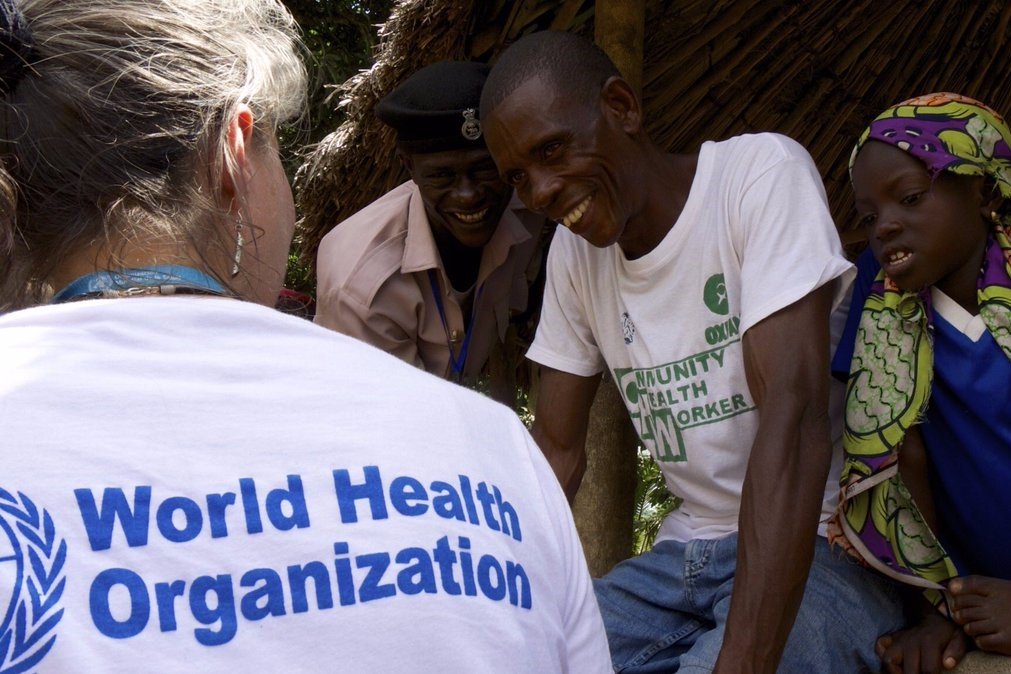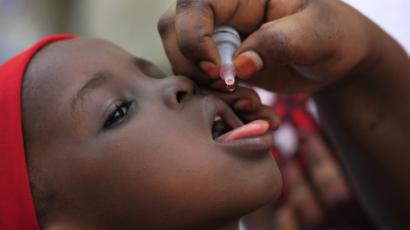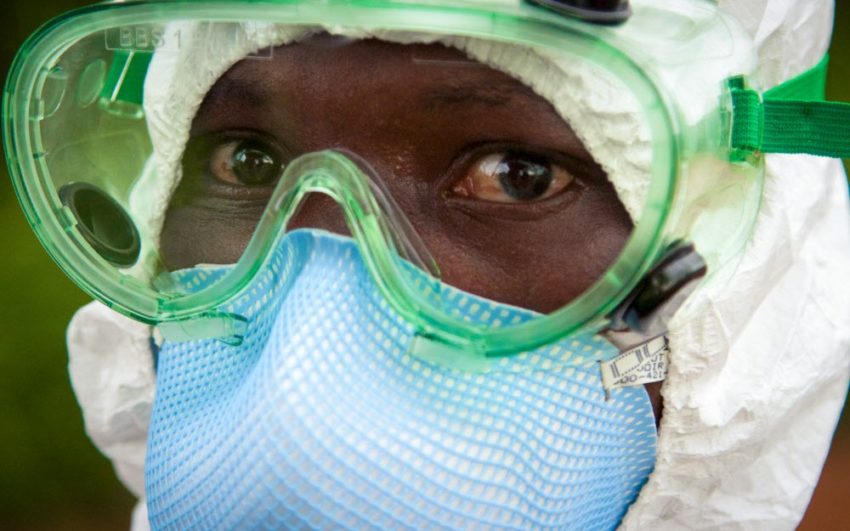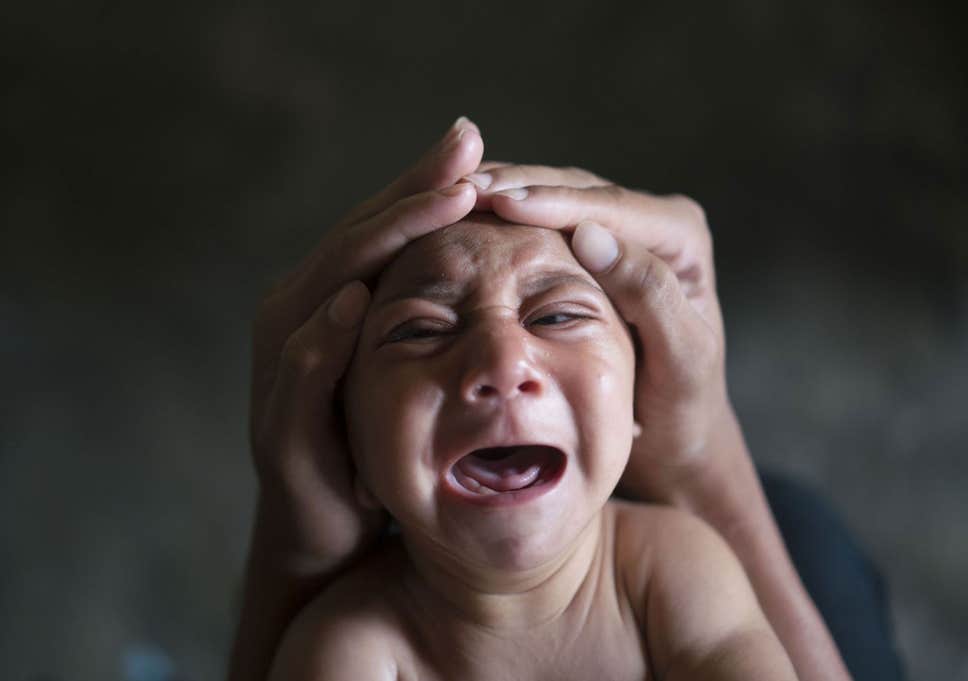
On Thursday, the World Health Organization (WHO) declared a Public Health Emergency of International Concern (PHEIC) due to the coronavirus outbreak.
The virus which originated in Wuhan, China, has been brought to the attention of many, and the virus has spread to almost two dozen countries.
According to the WHO, a PHEIC is defined as an “extraordinary event” that “constitute[s] a public health risk to other States through the international spread of disease” and “potentially require[s] a coordinated international response.”
This framework was defined in 2005, two years after the SARS infection spread through China, killing almost 800 people. Since then, it has been only used six times, with the most recent being Ebola in 2019.
In this article, we look into the 5 previous times WHO declared a global health emergency.
April 26, 2009: H1N1 Influenza (Swine Flu)
In 2009, Mexico alerted WHO on the H1N1 Influenza/ Swine flu outbreak, thus prompting the WHO to declare a PHEIC. As a result, some countries closed schools, and began screening those that travelled on airlines.
In addition, many were quarantined in these countries, including the 21 students and 3 teachers from America that were quarantined in Kaili, China. They were kept in a hotel room after a passenger on their plane was suspected of having swine flu.
May 5, 2014: Wild Polio Virus (WPV)
A few hundred cases of the disease were discovered in Pakistan, Afghanistan and seven other countries. This came as a huge barrier between WHO’s efforts to reach elimination.
While vaccination campaigns were initiated in these countries, civil wars in Pakistan were blamed for violence against polio vaccination teams.
The PHEIC for Polio virus still remains.
August 8, 2014: Ebola Virus Disease (EVD)
A PHEIC was declared due to this dangerous disease which began spreading in Western Africa, claimed the lives of many.
The outbreak which lasted for 2 months was also the reason for the deaths of health workers that were working to help patients.
Moreover, there were fears that the outbreak would harm the economies or interfere with Muslim pilgrimage to Mecca.
February 1, 2016: Zika Virus
A number of cases of microcephaly and Guillain-Barré syndrome was reported in infants born in Americas. This caused the WHO to declare a PHEIC in February 2016.
Citizens in several countries were asked to delay pregnancy, until more could be learned about the new virus. The disease in a pregnant woman causes the baby to develop abnormalities.
The effects of the virus on the brain development of infants in the womb remains unknown.
July 29, 2019: Ebola Virus Disease
The WHO declared a PHEIC for this disease, for the second time, after cases were reported in Democratic Republic of Congo.
The disease still has not been completely eliminated in the country. Moreover, with the declaration of the emergency, countries such as Saudi Arabia stopped issuing visa to citizens of DRC.



Leave a comment
0 Comments